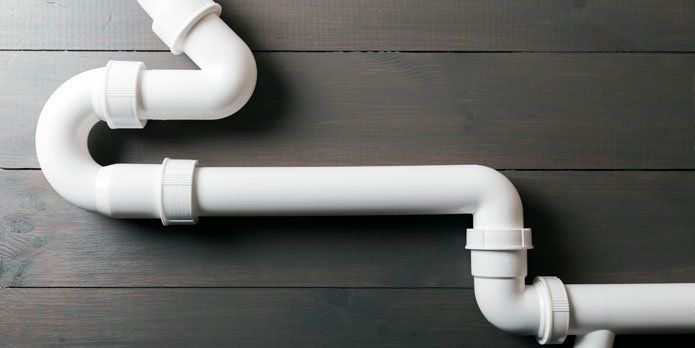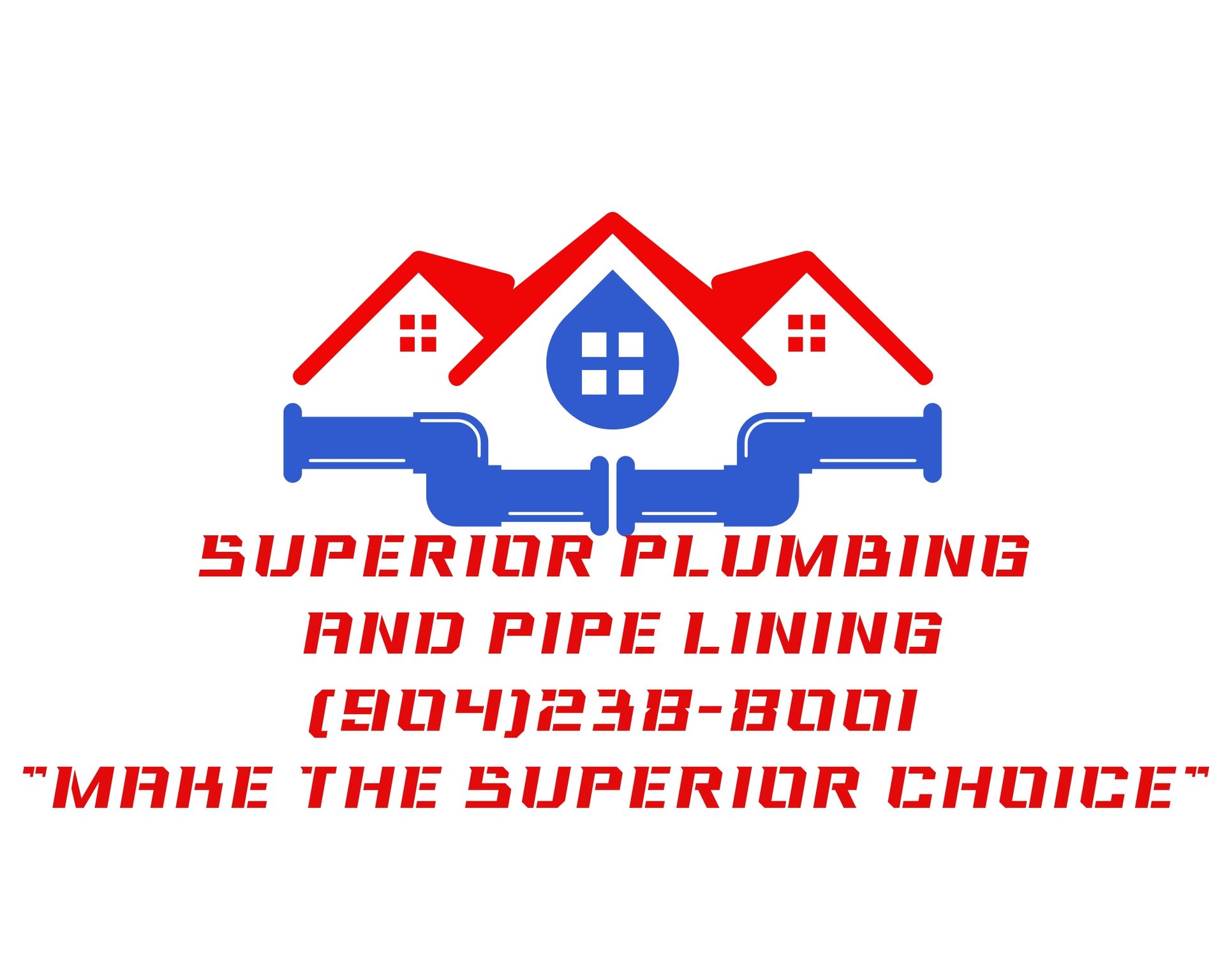What Types of Drain Pipes Are Commonly Used in Homes?

Drain pipes act like the gut system of a home, playing a critical role in keeping your home’s plumbing system running smoothly. Whether it's carrying wastewater out of your house or managing stormwater around your property, choosing the right type of drain pipe is essential for long-term function and durability.
Each drainage system is unique and must account for factors like flow rate, soil conditions, and local building codes. Understanding the different types of drain pipes, like the difference between cast iron pipes and PVC drainage lines, and where they’re best used can help you make informed decisions.
From copper pipes for your kitchen sink drains to corrugated drain pipes lines underground, let’s break down the most common types of drain pipes you’ll find in and around your home.
Understanding Your Home’s Drainage Systems
Your home relies on two distinct drainage systems: the stormwater system to manage rainwater or surface water and the wastewater system, which handles foul drainage. Knowing how each system works will help you select the right types of drainage pipesfor your needs.
Stormwater system
The stormwater system directs rainwater away from your home’s exterior walls and foundation to prevent flooding and standing water on your property. This system includes gutters, downspouts, and storm drains covered by grates or inlets, known as catch basins.
These catch basins connect to pipes that lead to the city’s stormwater management network, often located near foundations, garages, or patios.
Wastewater system
The wastewater system carries used water from showers, sinks, toilets, and appliances. This water is classified as either graywater, water contaminated with soap and dirt but free of human waste, or blackwater, which contains human waste and pathogens. Both graywater and blackwater are routed through your sewer pipes to the city’s treatment plant for safe filtration and decontamination.
The Four Most Commonly Used Drain Pipes
When it comes to residential plumbing, choosing the right type of drain pipe is essential for ensuring efficient water flow while meeting your design and budget goals.
Corrugated Drain Pipes
Corrugated drain pipes are most commonly used for outdoor drainage solutions rather than inside the home. Known for their flexibility and affordability, they’re a popular choice for managing surface water in yards, driveways, and along foundations.
These pipes are available in various materials such as plastic and metal, each suited for specific outdoor needs.
Other advantages of corrugated drain pipes include their wide range of size options, affordability, and ease of installation — which is especially beneficial in tricky outdoor areas.
The main drawback of corrugated drain pipes is their tendency to clog. The ridged interior can trap debris more easily than smooth-walled pipes, often requiring steeper slopes or more frequent maintenance toensure proper drainage.
PVC Drainage Lines
PVC (polyvinyl chloride) pipes are one of the most common and affordable drainage solutions found in modern homes. Recognized by their white color, PVC drainage lines became popular as a lightweight, cost-effective alternative to galvanized steel, and they're widely used for drain, waste, and vent applications.
PVC is relatively easy to install, requiring only basic tools like a hacksaw and solvent cement for joining. While not rated for high-pressure use, it performs well for residential drainage and venting needs, as well as below-ground irrigation systems.
PVC is best used for interior drain, waste, and vent lines and exterior underground drainage, like irrigation.
While PVC is valued for being affordable and durable, it has drawn criticism for potential health and environmental risks during manufacturing or in the event of a fire. When PVC drainage lines burn, it can release harmful gases like hydrogen chloride and dioxins, which are among the most dangerous human-made carcinogens and can persist in the environment for decades.
Cast Iron Pipes
Cast iron pipes are commonly found in older homes but are seldom installed by DIYers today because of their heavy weight and the difficulty involved in working with them. They are known for their durability and classic appearance, offering a traditional and stylish look when exposed, which many homeowners find appealing.
Cast iron pipes come in a variety of sizes and are often painted in any color, though the natural dark gray or wrought iron finish is especially popular in vintage or antique-style homes.
Primarily used for sewer and drainage applications, cast iron is highly durable and can last for decades, up until it rusts completely through. Cast iron pipes remain valued for their longevity and classic aesthetic, especially in historic or traditional-style homes.
Copper Pipes
Copper pipes are primarily made of pure copper and are commonly used for water supply lines inside homes. Recognized by their shiny reddish-brown color, like a penny, copper poses no health risks and is prized for its durability and high heat resistance.
Although copper pipes tend to be more expensive than other materials, their long-lasting performance often justifies the cost, especially in applications where reliability matters most. The most reliable way to connect copper pipes is with soldering,a method that requires skill and proper safety measures.
Copper is routinely used for sinks, showers, tubs, and other fixtures. Copper resists corrosion and holds up well under pressure, making it ideal for pipes embedded in concrete. Install copper pipes only where there’s enough space for their outer walls to expand, preventing stress and damage over time.
Because of their scrap value, copper pipes should be installed indoors to avoid the potential for theft in exposed or outdoor locations.
Superior Plumbing Can Help You Find the Right Pipe for Your Project
Choosing the right drain pipe can make all the difference in the success and longevity of your plumbing system. Ready to get started? Contact Superior Plumbing today for expert advice and quality service tailored to your project!
